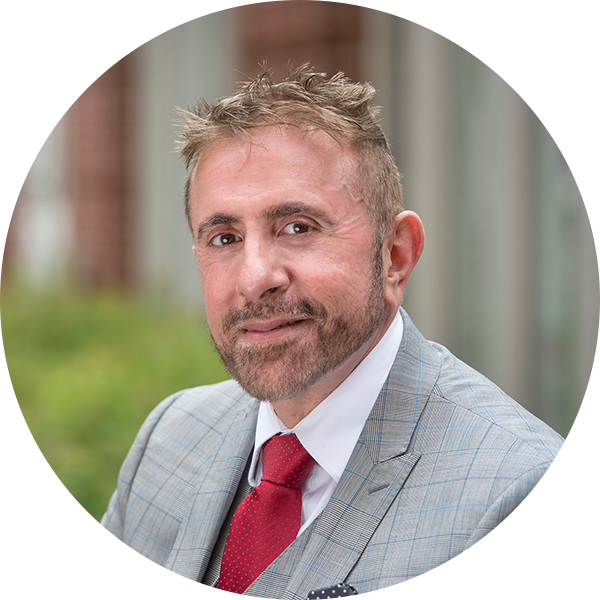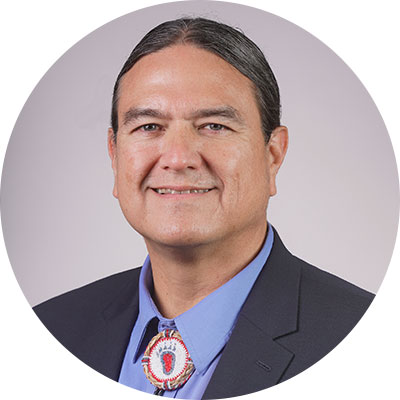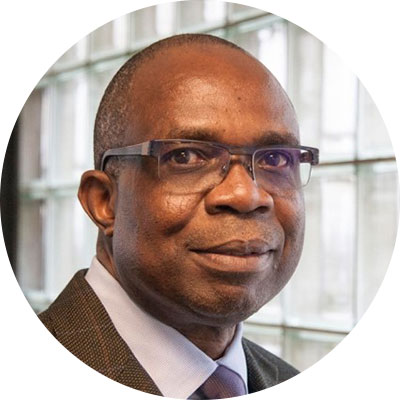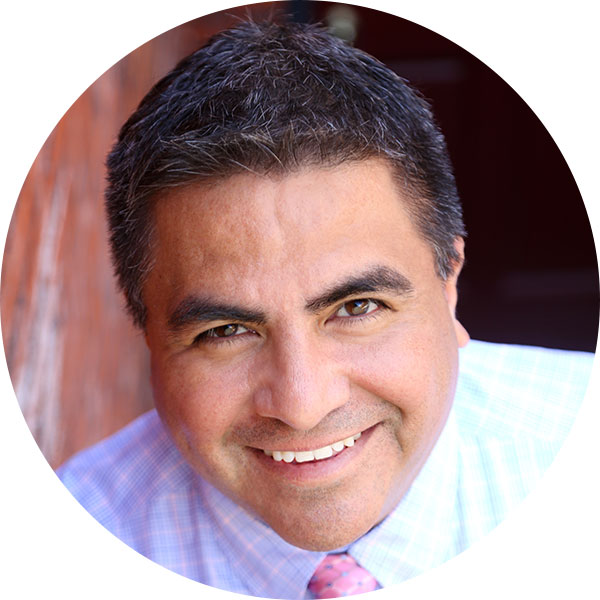Health equity exists when conditions that allow each person to achieve their full health potential are realized. Join us for a series of conversations about how we can work more effectively with communities, partner organizations and each other to bring about positive change and uphold an anti-racist, inclusive environment by eliminating social, economic and other barriers.
"The goal of this Lecture Series is to bring in thought leaders working on facets of health equity to catalyze conversations about how we can work more effectively with communities, each other and partner organizations to bring about positive change and foster a more inclusive environment on our own campus," said Hilary Godwin, dean of the School of Public Health.
2020-2021 Health Equity Lecture Series
All sessions will be conducted virtually via Zoom to ensure the health and safety of our community. Prior to each session you register for, you will receive an email with the Zoom link.
Learn about this year's topics and register!
Health equity in 2021: What COVID-19 is teaching us and where we're headed
January 21, 2021 4:00 PM-5:30 PM PT
The COVID-19 pandemic continues to lay bare the deep health inequities ingrained in our society. Inequitable policies in our health, criminal justice, education, housing and employment systems have created the conditions that allow the virus to harm communities of color disproportionately. In the first event of our 2020-21 Health Equity Lecture Series, a panel of public health experts will discuss the legacy of discrimination reflected in health outcomes and the lessons we’ve learned from COVID-19 that can guide us toward building more equitable systems in the future. Includes 30 minute Q&A.
Racism & Health Equity
February 18, 2021 4:00 PM-5:30 PM PT
Public health professionals hold power. As an educational institution, we hope to train and develop knowledge that contributes to better health outcomes. But at what cost? Join us for our second discussion about health equity in 2021 wherein a panel of public health leaders examines the systems of power through which we deliver public health. And the drive to change it.
Building Community Power in Environmental Justice Research and Practice
March 4, 2021 4:00 PM-5:30 PM PT
History and research show that racism and economic inequality are key factors in environmental injustice. For our third Health Equity Lecture, a panel of public health researchers and practitioners will dig into the concept of environmental justice. They'll discuss what it means to center community expertise in their work to promote environmental health and dismantle systems of oppression.
Promoting Health Equity Locally and Globally through HIV Biomedical Advances

Perry Halkitis
Dean of Public Health and Professor, Rutgers University
Dr. Halkitis researches health equity issues related to sexual orientation and gender identity.
Impact of Unresolved Trauma on American Indian Health Equity

Donald Warne
Associate Dean, Diversity, Equity and Inclusion, University of North Dakota School of Medicine and Health Sciences
Watch Video
Dr. Warne directs the innovative Indians into Medicine (INMED) program at the University of North Dakota and researches the impacts of historical trauma & adverse childhood experiences (ACE) on health.
American Indian populations are diverse and have a unique history and culture in the United States. Historical trauma that resulted from numerous federal policies have had a direct impact on the health of Indigenous Americans. In this discussion, we will examine historical and cultural factors that have an impact on the health of American Indian families, and we will identify potential solutions toward achieving health equity.
Culture and Race in Global Health Research
Collins Airhihenbuwa
Professor, Georgia State University
Watch Video
Dr. Airhihenbuwa researches global health equity issues related to culture and identity.
Beyond the social determinants of health, structural determinants of persistent disparities in health should be the new frontier for promoting health equity locally and globally. Like cell tissues, structures and systems need to be ‘cultured’ to unpack the layers and levels of racial biases and their impact on health intervention and policy failures and successes. Researching culture and race, in the context of health, demands a transdisciplinary approach to examining the complexities of individual and collective behaviors relative to disease burdens that weigh on underrepresented minorities.
Population Health Challenges for Latinos in the U.S.
Alex Ortega
Professor & Director, Drexel University
Alex Ortega, PhD, an epidemiologist and health services researcher, is Professor and Director of the Center for Population Health and Community Impact in the Dornsife School of Public Health at Drexel University. Ortega is known for his research and public advocacy in improving the health and well-being of Latino youth and families in the United States, especially those who are undocumented or are otherwise disenfranchised. He has directed NIH, AHRQ, and foundation-funded research in a variety of sites and contexts, including Puerto Rico, New England, and Southern California. His observational and intervention research have been in a variety of areas focused on Latino health and health care, including: access to and use of health services for youth and families, the impact of the Affordable Care Act (ACA) on population health and health disparities, mental health services and psychiatric epidemiology, and community-engaged interventions to improve food environments in urban food swamps.


